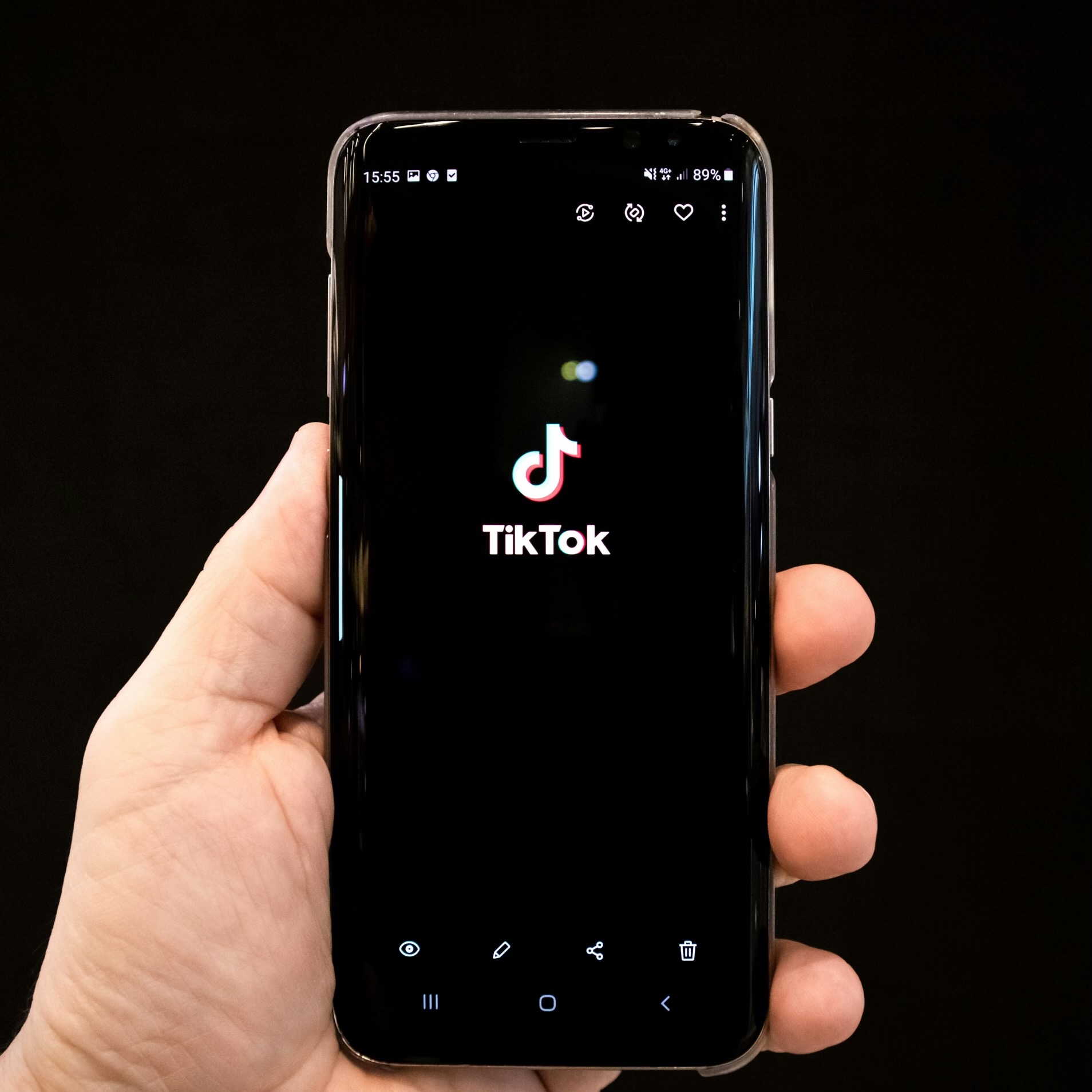EU Finds TikTok & Meta in Preliminary Breach of Transparency Rules Under the DSA
Key Takeaways
- Preliminary Findings: The European Commission said TikTok and Meta (covering Facebook and Instagram) may have breached key transparency and user rights obligations under the Digital Services Act.
- Data Access Issues: Both platforms allegedly made it difficult for researchers to access public data, limiting independent scrutiny into how their systems affect users, including minors.
- User Reporting Concerns: Meta’s “Notice and Action” tools for reporting illegal content were described as overly complex and potentially deceptive due to the use of “dark patterns.”
- Weak Appeals Process: The Commission found Meta’s content moderation appeals system does not adequately allow users to explain or provide evidence when contesting decisions.
- Potential Penalties: If confirmed, the breaches could result in fines of up to 6% of each company’s global annual turnover and ongoing penalties for non-compliance.
Deep Dive
The European Commission recently said it has preliminarily found both TikTok and Meta in breach of their transparency and user rights obligations under the Digital Services Act (DSA), marking the latest move in its ongoing scrutiny of Big Tech platforms’ compliance with the EU’s landmark online regulation.
According to the Commission, TikTok, Facebook, and Instagram have imposed unnecessarily burdensome procedures that make it difficult for researchers to access public data, an important transparency requirement under the DSA meant to allow independent oversight into how online platforms affect users’ wellbeing, including minors. The Commission said these obstacles leave researchers with partial or unreliable data, hampering studies on issues such as exposure to illegal or harmful content.
For Meta, the Commission’s findings go further. Both Facebook and Instagram were found to lack user-friendly systems for reporting illegal content, such as child sexual abuse material or terrorist content. The Commission also noted the use of so-called “dark patterns”, deceptive interface designs that confuse or discourage users from flagging such content, potentially making the company’s “Notice and Action” mechanisms ineffective.
Under the DSA, platforms must provide simple tools for users and “trusted flaggers” to report illegal material. If they fail to act promptly once notified, they can lose their liability protection.
The Commission also raised concerns over Meta’s content moderation appeals process. It said Facebook and Instagram do not give users adequate opportunity to explain or provide evidence when contesting content removals or account suspensions, a right enshrined under the DSA.
“These are preliminary findings which do not prejudge the outcome of the investigation,” the Commission said, adding that Meta and TikTok now have the chance to review the evidence and respond in writing.
If the findings are confirmed, both companies could face fines of up to 6% of their global annual turnover and additional penalty payments if they fail to comply.
Henna Virkkunen, the EU’s Executive Vice-President for Tech Sovereignty, Security and Democracy, said the DSA’s transparency requirements are fundamental to trust in digital platforms.
“Our democracies depend on trust,” she said. “That means platforms must empower users, respect their rights, and open their systems to scrutiny. The DSA makes this a duty, not a choice.”
The announcement comes as the Commission prepares to expand researchers’ access to platform data through a delegated act entering into force on October 29, 2025. The new rules will grant qualified researchers access to non-public data from very large online platforms and search engines, a move aimed at increasing accountability and helping identify potential risks tied to their operations.
The preliminary findings are part of the Commission’s ongoing formal proceedings against Meta and TikTok under the DSA, which are separate from other investigations concerning their compliance with broader EU laws.
The GRC Report is your premier destination for the latest in governance, risk, and compliance news. As your reliable source for comprehensive coverage, we ensure you stay informed and ready to navigate the dynamic landscape of GRC. Beyond being a news source, the GRC Report represents a thriving community of professionals who, like you, are dedicated to GRC excellence. Explore our insightful articles and breaking news, and actively participate in the conversation to enhance your GRC journey.
Sponsored by






.svg)

.svg)